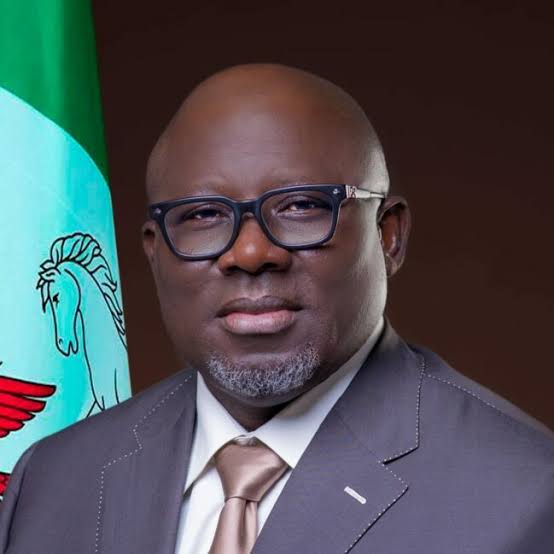Defection season: Who do Nigerian politicians really serve?

Delta State Governor, Sheriff Oborevwori. Photo Credit- Tribune Online
By Eja Manifest Eji
As the 2027 general elections draw near, Nigeria’s political landscape is once again in flux. Familiar scenes of political defections are unfolding across the country, with lawmakers and power brokers abandoning the parties that gave them platforms, only to pitch tents with perceived stronger contenders. While this is not a new phenomenon in Nigerian politics, its increasing frequency raises important questions: Do our politicians serve the people, or are they merely serving themselves?
In a democracy, political parties are meant to represent distinct ideologies and policy approaches. However, in Nigeria, party lines often blur into personal ambition. Defections are rarely about ideology or a genuine disagreement on policy; they are more often tactical moves, driven by calculations for personal survival or access to power and resources.
This trend has grave implications for democratic development. First, it undermines public trust. Citizens watch as their elected representatives, who once campaigned under one party’s manifesto, suddenly switch sides without consulting the very constituents they claim to represent. Such acts suggest that the mandate given to them by the people is secondary to their own political calculations.
Second, it stifles political stability and accountability. When politicians switch parties at will, they weaken party discipline and blur the lines of responsibility. How can voters hold leaders accountable when they don’t even know what party they’ll belong to tomorrow?
Beyond the betrayal of public trust, rampant defection also points to the systemic weaknesses in our political system. Our parties are not rooted in ideology or principle; they are often mere vehicles for seizing power. Until we build parties that are policy-driven and people-focused, defection will continue to be a strategy, not a scandal.
So, what is the way forward?
- Legal Reforms: The Nigerian constitution already has provisions for declaring the seats of defecting legislators vacant under certain conditions, but enforcement has been weak. Strengthening the legal consequences of defection and ensuring their application can serve as a deterrent.
- Electoral Accountability: Voters must begin to hold their representatives accountable. Political education is essential, especially at the grassroots level. Citizens should be empowered to ask questions, demand transparency, and organize against opportunistic politicians.
- Stronger Party Structures: Political parties must evolve beyond being election-winning machines. They must develop ideologies, enforce internal democracy, and ensure that members are aligned with the party’s vision.
- Independent Institutions: Electoral bodies, anti-corruption agencies, and the judiciary must operate without interference. Only then can the rules be applied fairly and consistently, regardless of who is involved.
As 2027 approaches, we must demand more from our leaders and from ourselves. Politics should not be a game of personal ambition—it should be a tool for public service. The real danger of unchecked defection is not just instability, but the slow erosion of our democracy.
It is time we stop clapping for politicians who switch sides like jerseys during halftime. It is time we begin to ask: who do you really represent?
READ ALSO
-
CrispNG’s maiden lecture: Older generation using youths as pawns – Busaosowo Bisong
-
-
CrispNG’s maiden lecture: How to solve Nigeria’s trust problem — Solomon Dalung

